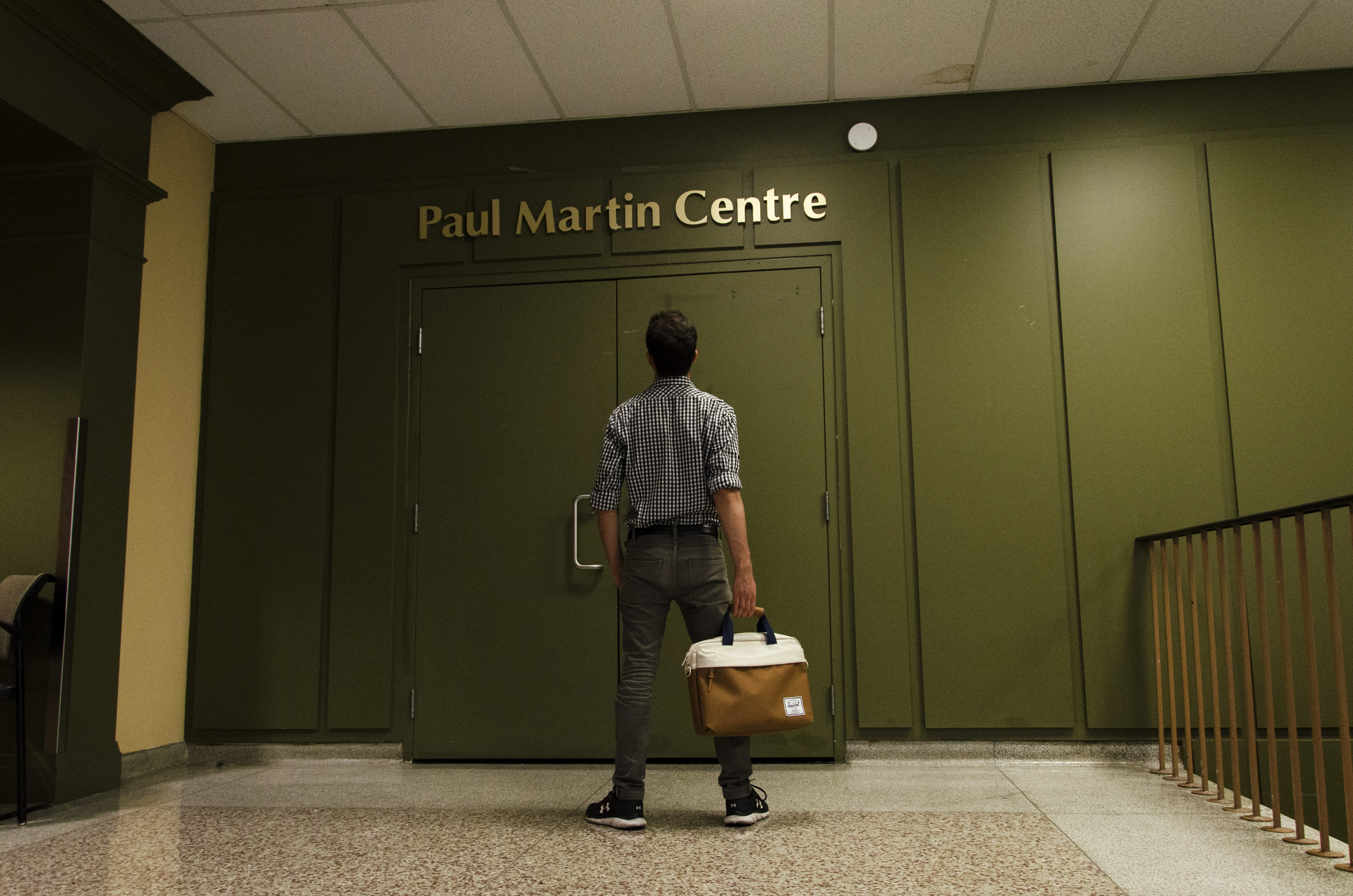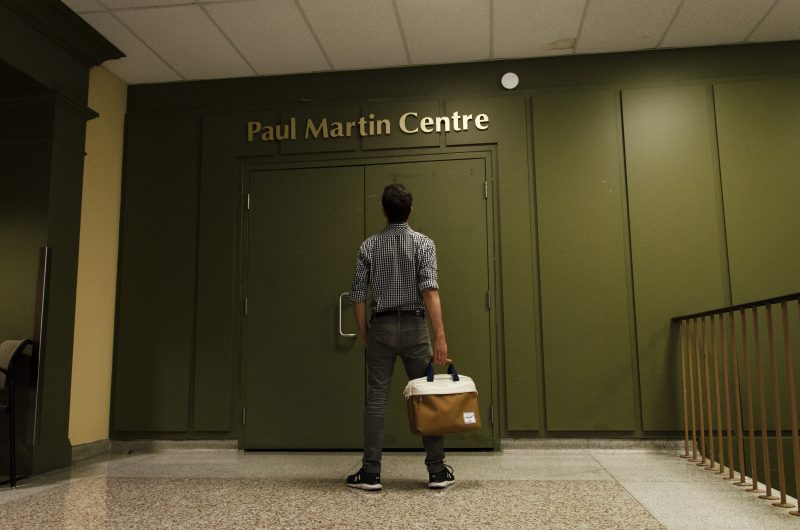University: An investment in the power of ideas


Philosopher Alfred North Whitehead wrote in his book, The Aims of Education, “. . . and the gift which the university has to offer all students is the very old one of imagination.” Yet, I do wonder occasionally whether or not formal education just might have the opposite effect, namely a stunting of the precious imagination.
Consider for a moment the context in which the university resides.
Social networking, cell phones, laptops and many other “bells and whistles” of technology all have merely created a society of alienation and an incivility among us. We pretend we are attending to another while we text, tweet, e-mail, play solitaire on our laptops or launch an internet search on our iPhones.
I worry about a future when we send and receive what may constitute “information” but no longer create and share ideas, facing further atrophy of the human imagination.
Ideas and values make significant differences in our lives and our history.
For example, we once believed that the earth was not only flat, but also the center of our fiery cosmos. Hippocrates and other early physicians thought diseases were carried by “humers” or fluids in the blood stream and “bloodletting” as well as other strange curative measures thought appropriate.
The university is an investment in the power of ideas.
They are protective citadels for those seeking the truth. Mathematicians, scientists, musicians, writers and artists bring a vital interpretive spirit to this truth-seeking enterprise, uniting all of us as pilgrim seekers.
But questions continue to nag: are we educating for competence and neglecting a creative conscience? Is learning destined to become another consumer good or has it already become one more commodity in the marketplace? Are university presidents among the new business CEOs, rather than serving as leaders of institutions, devoted to learning and service? Does the university now serve as an instrument of personal and economic development but fails as guarantor of an open society in which is encouraged the continued asking of challenging questions?
The mission statements of most universities suggest a complexity of role expectations—teaching, research, public service, information storage and public policy critique.
But as critic Neil Postman argues, educational institutions today are rather asked to worship a variety of gods: the god of economic utility, the god of consumerism and the god of technology. Some would argue such are indeed worthy goals, but these concentrate on the means to many different ends.
Bertrand Russell (Authority and the Individual) once wrote, “People who boast of being what is called ‘practical,’ are for the most part, exclusively preoccupied with means. But their’s is only one half of wisdom.”
The other half, Russell would argue, is an emphasis on seeking the truth, creating a culture of dissent and focused on meaning and understanding.
Our universities must be places where all are invited, even obliged to think about what brings meaning to our lives as well as to the lives of others. It is one of the last places of refuge, where wonder continues to be cultivated and celebrated.
The university has long been one of the important sources of our hope, where our lives are lives of the imagination and only through imagination can we restore peoples’ dignity and return them to their promises and their joys. Then we will finally know what is true, what is beautiful and what is just. That is when we will know what a university is for.


